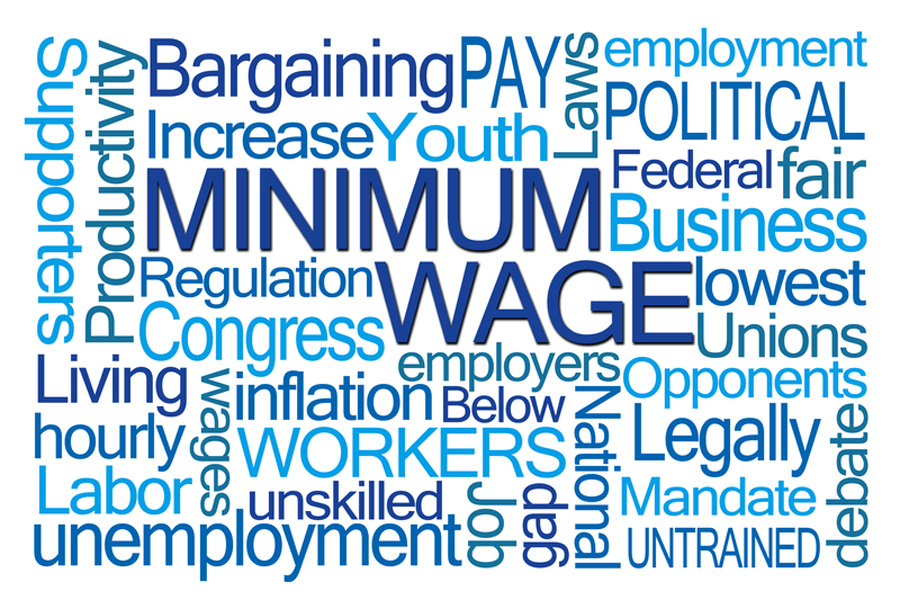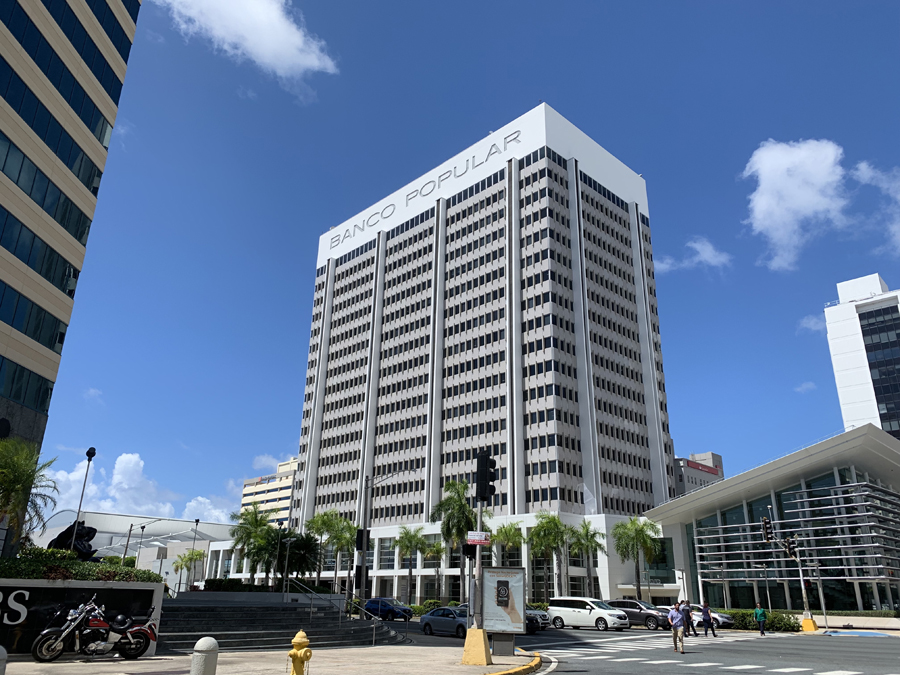US Dept. of Labor to effect $15/hour wage increase in Jan. ’22

The US Department of Labor announced a final rule that implements Executive Order 14026 to increase the hourly minimum wage for employees on federal contracts starting Jan. 30, 2022. President Biden signed the order on April 27, 2021.
The order is expected to benefit between 10,000 and 12,000 federal workers and contractors in Puerto Rico, El Nuevo Día reported.
The rule applies in all 50 states, the District of Columbia, and specified U.S. territories — including Puerto Rico — and does the following:
- Increases the hourly minimum wage for workers performing work on or in connection with covered federal contracts to $15 beginning Jan. 30, 2022.
- Continues to index the federal contract minimum wage in future years to inflation.
- Eliminates the tipped minimum wage for federal contract employees by 2024. Those employees will begin to earn $10.50 on Jan. 30, until climbing to the $15/hour salary on Jan. 1, 2024.
- Ensures a $15 minimum wage for workers with disabilities performing work on or in connection with covered contracts.
- Restores minimum wage protections to outfitters and guides operating on federal lands.
“The workers helped by Executive Order 14026 and today’s final rule do essential work on our nation’s behalf. They build and repair the federal infrastructure, clean and maintain our national parks, monuments and other federal facilities, care for our veterans, and ensure federal workers and military service members are provided with safe and nutritious food,” said US Secretary of Labor Marty Walsh.
“Implementing this Executive Order improves the economic security of these workers and their families, many of whom are women and people of color,” Walsh said.
Executive Order 14026 applies to new contracts, and renewals and extensions of existing contracts, beginning Jan. 30, 2022, Walsh explained.
“In addition to promoting efficiency in federal contracting, the implementation of Executive Order 14026 has other benefits,” said Wage and Hour Division Acting Administrator Jessica Looman.
“The final rule adds value for taxpayers by boosting worker productivity and reducing employee turnover and absenteeism. It also allows federal contractors to retain top talent and reduce recruiting and training costs,” she said.













